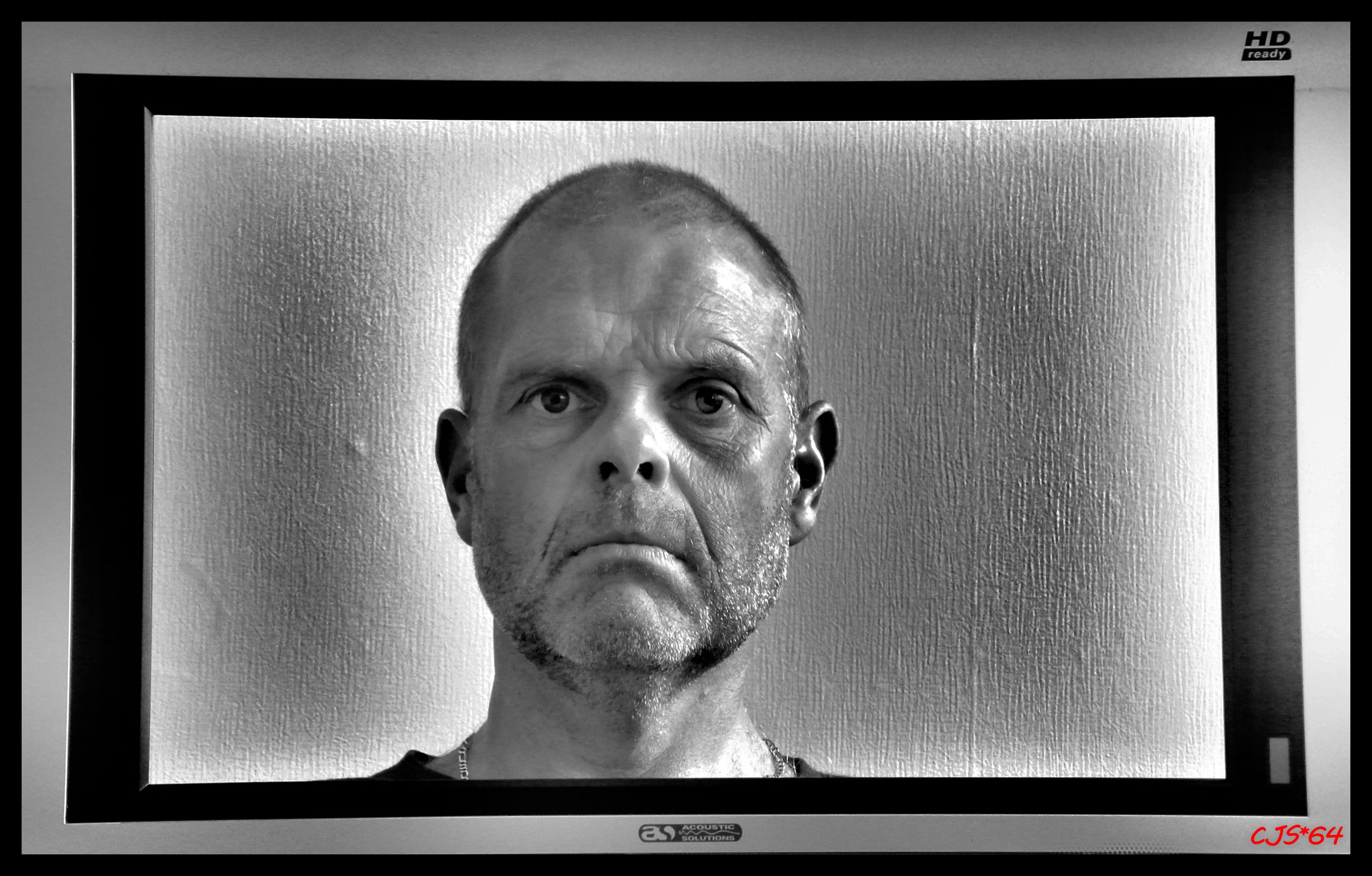In a recent segment, John Oliver pointed out something very disturbing about the way our politicians treat mental health: they discuss it for a week or so after a mass shooting in an attempt to prove that America’s lack of gun control isn’t the real problem. They use this deflection to avoid passing sensible legislation, and then carry on as if they never brought up the very real mental health issue.[1] According to the Anxiety and Depression Association of America, 6.7% of American adults suffer from depression.[2] And yet, most people don’t really understand what depression is, much less how to help a loved one who has it. So if we can’t turn to our politicians to promote mental health education, where can we turn?
How about pop culture? Life may inspire art, but art in turn inspires life. People subconsciously absorb what they see on their screens. There have been some recent movies that deal with mental illness and depression. Silver Linings Playbook, The Hours, The Royal Tenenbaums, and Little Miss Sunshine, to name a few, have all tackled the issue with varying results. The problem with film, however, is that it is structurally unable to truly show how depression can eat at a person for their entire lives. There always must be some sort of resolution, and in most cases, a reassurance to the audience that these people are healed because of what they experienced in the film. Unfortunately, for most people with depression, this is not the case. It can always come back. Showing this kind of complexity in 90 minutes is nigh impossible.
Television, then, is a better medium to discuss this issue. It allows for more time to develop characters and show their struggle with depression over a long period. No show can ever mimic life exactly, and no show is endless (except perhaps The Simpsons), but overall, TV provides us with an outlet for showcasing depression in a way that film cannot. This is important because if people watch shows that explain this issue in an intelligent fashion, they might gain the ability to recognize and help treat depression in the real world.
Now, most would expect depression to be something that’s addressed more often in dramas than in comedies, as the topic demands a serious tone. This, however, is not the case. In the past couple of years, we have seen the emergence of a new subgenre of comedy, which Vulture writer Jenny Jaffe dubs the “sadcom.”[3] Jaffe argues that most American sitcoms belong to one of two schools: the cynical (It’s Always Sunny in Philadelphia, Arrested Development) or the sincere (New Girl, Modern Family). However, some new shows are starting to display undertones of something that’s neither cynical nor sincere: Sadness, existential longing, and depression pervade these shows. And yet they do it while cracking jokes at a gut-busting rate.
Why does this model work so effectively? TV could tackle issues like depression head-on with complete seriousness, but no one would watch that. TV, as much as it reflects reality, is also an escape from it. Mixing in humor, cynicism, and sincerity makes the message more palatable to the audience, which means it can reach more people. The humor also serves as a reminder that even the funniest people can have serious bouts with depression. And it must be noted that sadcoms are hardly pessimistic. Though they acknowledge that depression is always lurking, they offer glimmers of hope that feel much more authentic than the happy endings of films like Silver Linings Playbook.
As important as some prominent sadcoms like Rick and Morty and BoJack Horseman are, there is some remove to them based on their animated nature, which brings me to the show that inspired this article: FX’s You’re the Worst. The little-known show focuses on two self-proclaimed terrible people, Jimmy and Gretchen (they’re the worst), who decide to give a relationship a shot. If you liked the honest portrayal of modern romance in Trainwreck, you’ll love You’re The Worst. For most of its run, the show has been considered more of a romcom. In its second season, however, it has started to dive much more into sadcom territory with the introduction of a new character arc. In this past week’s episode, Jimmy finds out that there is a mouse living in his home, and he sets out on a mission to destroy it.[4] While doing this, he and his friends notice that Gretchen is drinking heavily and acting very abnormally. When they finally confront her about it, she explodes, yelling the ugliest things she can think of at everyone in the room. She then collapses into her bed, where her best friend Lindsay comforts her. “It’s back, isn’t it?” she says, and with a nod, Gretchen confirms our worst fears. She then works up the courage to give Jimmy the following speech:
“Okay, so, here’s an interesting thing that you don’t know about me: I am clinically depressed. . . . The only thing I need from you is to not make a big deal of it and be okay with how I am and the fact that you can’t fix me.”
It’s a stunning end to a stunning episode that touches on much of what depression really does to those who have it. Gretchen doesn’t mean to lash out at her friends, but it’s the only deflection she has from the self-loathing that has hijacked her mind. With this self-loathing comes self-blaming for her condition. “No!” she says panickedly when Lindsay advises her to tell Jimmy. “I can’t tell him my brain is broken.” The moment shows how often the hardest thing for victims of depression to do is tell other people about it. It’s a scary thing to reveal, and it’s also a scary thing to confront as a concerned friend, as demonstrated by Jimmy sidestepping the obvious with jokes until he finally asks what’s wrong (aptly, the episode is named “There Is Not Currently a Problem”).
But as scary as it is, depression is an issue that demands to be addressed. One of my best friends who struggles with depression didn’t tell anyone for years, partly because she didn’t want to make them sad too. As a friend, I had to help her understand that her problem was one I wanted to take on for her own good. Making yourself open and acknowledging when something’s wrong are key to helping anyone who has depression. Finally, just as important is the final point Gretchen makes about being fixed. In response, Jimmy cracks a half-smile and says, “Can’t I though? I got that mouse.” Of course, immediately after, he sees another mouse scurrying by. Roll credits. Depression is not a mouse that can be squashed; it’s not something that’s ever truly gone. It can be treated and helped, but first, it must be something that we are comfortable talking about.
Even with all of this going on, “There Is Not Currently A Problem At This Time” is a hilarious episode of television. This actually makes its message much stronger. Sitcoms commonly have episodes that deal with more serious issues (Scrubs, for example, had a number of episodes about death), but they usually have a very different, more serious tone to them.[5] By maintaining the show’s usual levity in the episode, You’re The Worst demonstrates that depression is just another part of Gretchen’s identity, again making it clear that trying to “fix” depressed people is the wrong approach. In addition, the sadcom is set apart from other sitcoms in that its themes of depression carry throughout the show. Again, with other sitcoms like Scrubs, the show can have a couple of episodes where Dr. Cox loses a patient and spirals out of control, but soon enough, he’s fine. With sadcoms, there’s a cloud hanging over the characters that stays there, much like depression itself. Even with all of the jokes, there’s a constant acknowledgement that these funny characters aren’t that happy inside.
What we really need is a required curriculum for schools on depression and other mental health issues, but it’s clear our politicians won’t talk about it as anything more than an excuse for their inability to act on other problems. Therefore, it seems that we must rely on the sadcom to educate ourselves and others until our demands for change are met. Indeed, the comedic nature of sadcoms like You’re The Worst might even be more effective than any curriculum because they make the message more accessible and hard-hitting. So, to quote Rick and Morty, “Nobody exists on purpose, nobody belongs anywhere, everybody’s gonna die. Come watch TV.”[6]
References:
[1]Last Week Tonight with John Oliver. HBO. October 4, 2015.
[2] “Facts & Statistics.” Anxiety and Depression Association of America. Accessed October 22, 2015.
[3] Jaffe, Jenny. “The Rise of the Sadcom.” Vulture. September 3, 2015. Accessed October 22, 2015.
[4] “There Is Not Currently A Problem At This Time.” In You’re The Worst. FX. October 21, 2015.
[5] Scrubs. NBC. 2001-2010.
[6] “Rixty Minutes.” In Rick and Morty. Adult Swim. March 17, 2014.



